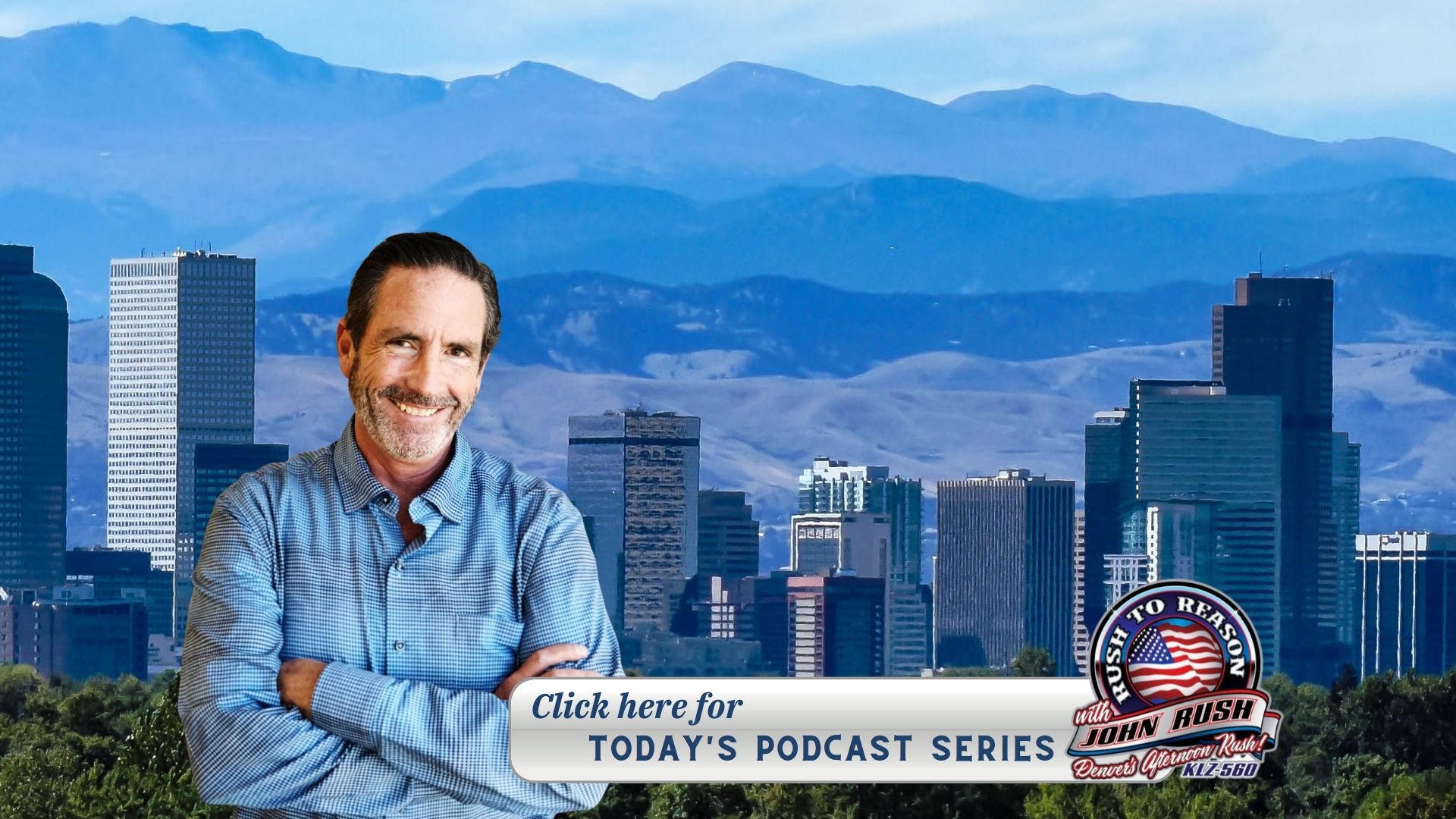
- This event has passed.
Show Notes
February 3, 2022
Search The Site
Hour 1 Show Notes
Hour 2 Show Notes
Truckers Demanding Medical Freedom
Rebecca Terrell – The New American
“Canadian Prime Minister Justin Trudeau calls them a “small fringe minority” with “unacceptable views.” In a televised speech earlier this week he said they “do not represent the views of Canada.” But this double-vaxxed and boosted politician announced Thursday he is in COVID quarantine over the weekend as hundreds of thousands of Canadians descend upon the nation’s capital in protest of their government’s draconian Covid policies. Interesting timing.”
Covid: Changes in Shopping Habits
Trevor Wagener – Computer & Communications Industry Association
As the pandemic enters its third year, Americans have made major changes to their shopping habits. New research is highlighting how businesses are giving consumers more choices than ever before and reveals that shoppers are not just relying on online retailers.
Hour 3 Show Notes
High Energy Prices
Andrew Browning – Chief Operating Officer – Consumer Energy Alliance (CEA)
High Energy Prices to Increase Costs for America’s Commercial and Industrial Companies by $41 Billion in 2022, CEA Analysis Finds.
Economy: Stagflation/Wall Street/Consumer Spending
Scott Garliss – Stansberry Research
Definition of Stagflation
- Stagflation is a period of rising inflation but falling output and rising unemployment.
- Stagflation is often a period of falling real incomes as wages struggle to keep up with rising prices.
- Stagflation is often caused by a rise in the price of commodities, such as oil. Stagflation occurred in the 1970s following the tripling in the price of oil.
- A degree of stagflation occurred in 2008, following the rise in the price of oil and the start of the global recession.
- Stagflation is difficult for policymakers. For example, the Central Bank can increase interest rates to reduce inflation or cut interest rates to reduce unemployment. But, they can’t tackle both inflation and unemployment at the same time.



